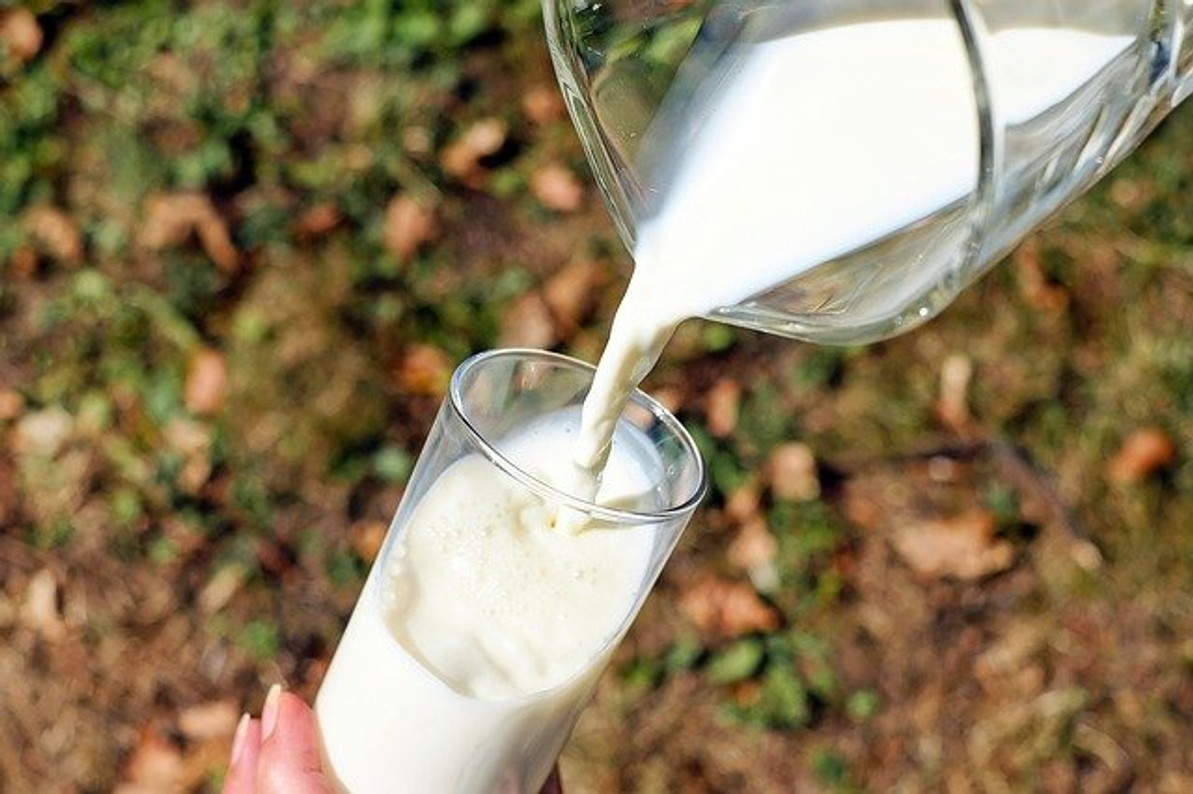Study: Dairy Fat Linked to Lower Risk of Heart Disease
How much dairy fat do you typically consume in a given week? Milk and other dairy products often contain saturated fat. Because of their high fat content, many people limit or even avoid consuming them in their diets. Saturated fat, of course, isn't the same as unsaturated fat. While unsaturated fat helps to clean the arteries, saturated fat may have the opposite effect. Surprisingly, though, a new study has found a correlation between the consumption of dairy fat and a lower risk of heart disease.
About the Study
For the study, researchers from the George Institute for Global Health analyzed health data involving over 40,000 adults. They specifically looked at how much dairy fat the participants consumed and whether or not they developed heart disease. After analyzing the data, researchers concluded that participants who regularly consumed dairy fat were less likely to develop heart disease than their counterparts who consumed little or no dairy fat.
"We found those with the highest levels actually had the lowest risk of CVD (cardiovascular disease). These relationships are highly interesting, but we need further studies to better understand the full health impact of dairy fats and dairy foods," said the study's lead author, Matti Marklund, when discussing the findings.
Why Dairy Fat Is Good for the Heart
You might be wondering dairy fat is good for the heart. For the study, researchers only identified a correlation between dairy fat and a lower risk of heart disease; they didn't focus on the underlying cause. With that said, some experts believe that vitamin K is responsible for the heart health benefits of dairy fat.
Dairy fat contains high concentrations of vitamin K. Vitamin K, of course, has been shown to protect against heart disease. By consuming more dairy fat, you'll get more vitamin K in your diet, which could lower your risk of heart disease.
Tips for Consuming More Dairy Fat
Not all dairy products contain fat. In some dairy products, the fat is intentionally removed. There's skim milk, for instance, that doesn't contain fat. There are also fat-free cheeses that are essentially made of skim milk. Because they don't contain fat, these fat-free dairy products won't offer the same heart health benefits.
You'll need to choose fat-based dairy products to protect your heart. Only fat-based dairy products contain dairy fat, which according to this latest study, may lower your risk of heart disease.
Recent Posts
-
Fire Safety in the Workplace: What You Need to Know
What steps are you taking to prevent fires in your workplace? According to the U.S. Occupational Saf …Aug 23rd 2023 -
Is It Safe to Go Jogging With a Cold Infection?
If you're suffering from a cold infection, you might be wondering whether it's safe to go jogging. T …Aug 22nd 2023 -
5 Safety Tips to Follow When Using a Powder-Actuated Tool
Powder-actuated tools are commonly used to join materials to steel and concrete. Also known as Hilti …Aug 20th 2023




